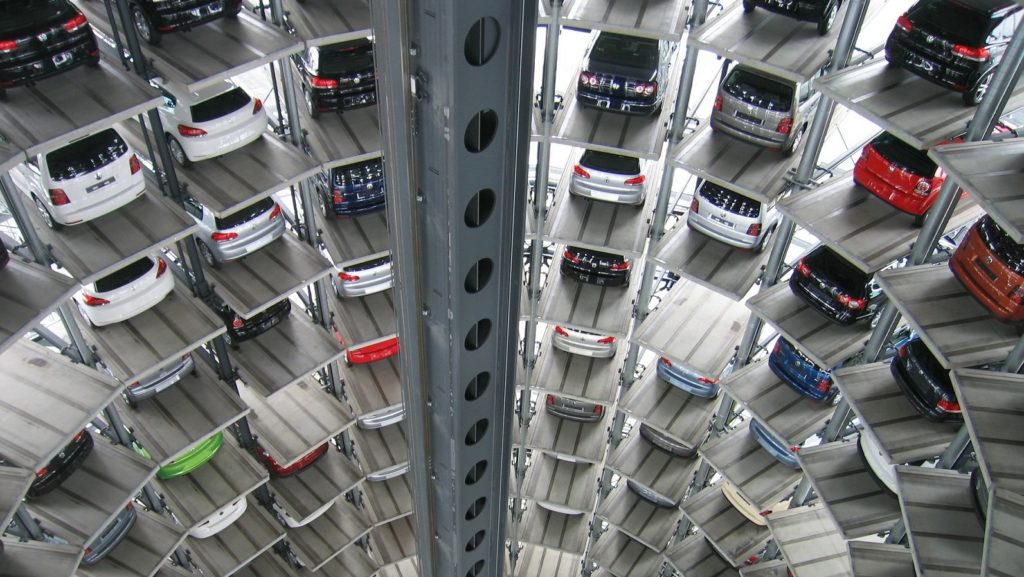Artificial Intelligence (AI) is no longer just a buzzword. It is embedded in everyday work, from drafting emails to automating entire workflows. For Memeburn’s…
GoMetro wants to help firms generate millions from freeing up parking spaces

Each day thousands of Cape Town commuters edge their way to work in a snake of traffic that winds beneath the slopes of Table Mountain into a crowded city centre.
Many will end or begin their daily commute in a parking space for which they, together with their employers can easily pay well over a R1000 a month for.
This got GoMetro founder and former civil engineer Justin Coetzee thinking.
“Why does it (your car) stand there all day, taking up space and just like ruining the view, killing us with fumes, killing us with unsafe driving. I mean we’re addicted to cars,” he charges.
Coetzee reckons however that he may have a solution to all this.
He wants to offer employers a chance to get staff to work on time more affordably, by providing them with various shared transport options (including train, bus, minibus taxi operators, fleet providers, car rental and leasing groups and even ride hailing companies like Uber and Taxify) and by grouping staff members who stay near to one another to allow them to take the same ride.
In a pilot the startup will launch in March (initially set for next month) with a 100 employees in a large financial services provider, the former civil engineer plans to trial his startup’s new flex platform.
Read more: Exclusive: GoMetro ride-sharing service to take on Uber, Taxify, tackle congestion
Read more: SA startup GoMetro to be part of ICO run by UK internet of mobility company
For example by removing the R1400 a month the corporate charges staff for a parking bay and then including the cost of a subscription on the flex platform, commuters will pay far less than they used to get to and from work.
Coetzee points out that within a 15km radius of the city centre those using the platform will be able to pay less than the combined cost of petrol and monthly staff parking. If one were to remove the parking subsidy offered by the corporate, this radius would grow to 30km, he adds.
In example those that use the platform and live in the suburb of Claremont (about 10km from the city centre) will effectively pay just R8 a month to come to work, he points out.
In addition, companies will save thousands of rands in parking subsidies offered to staff.
But that’s not all. By freeing up parking spots Coetzee reckons companies could generate millions more in revenue by turning freed up parking spots into new office space and renting it out.
This is because the revenue generated from one level of office space is significantly more than a level of parking.
Coetzee singles out the example of one high rise where converting one level of parking space to office space you could generate R30 000 more in rental income a month, which over seven years would generate R2.5-million in new revenue.
Says Coetzee: “We’re going to laugh and joke about the days when the streets were filled with steel boxes and 20% of our income went to these steel boxes”.
Featured image: Bilderandi via Pixabay

